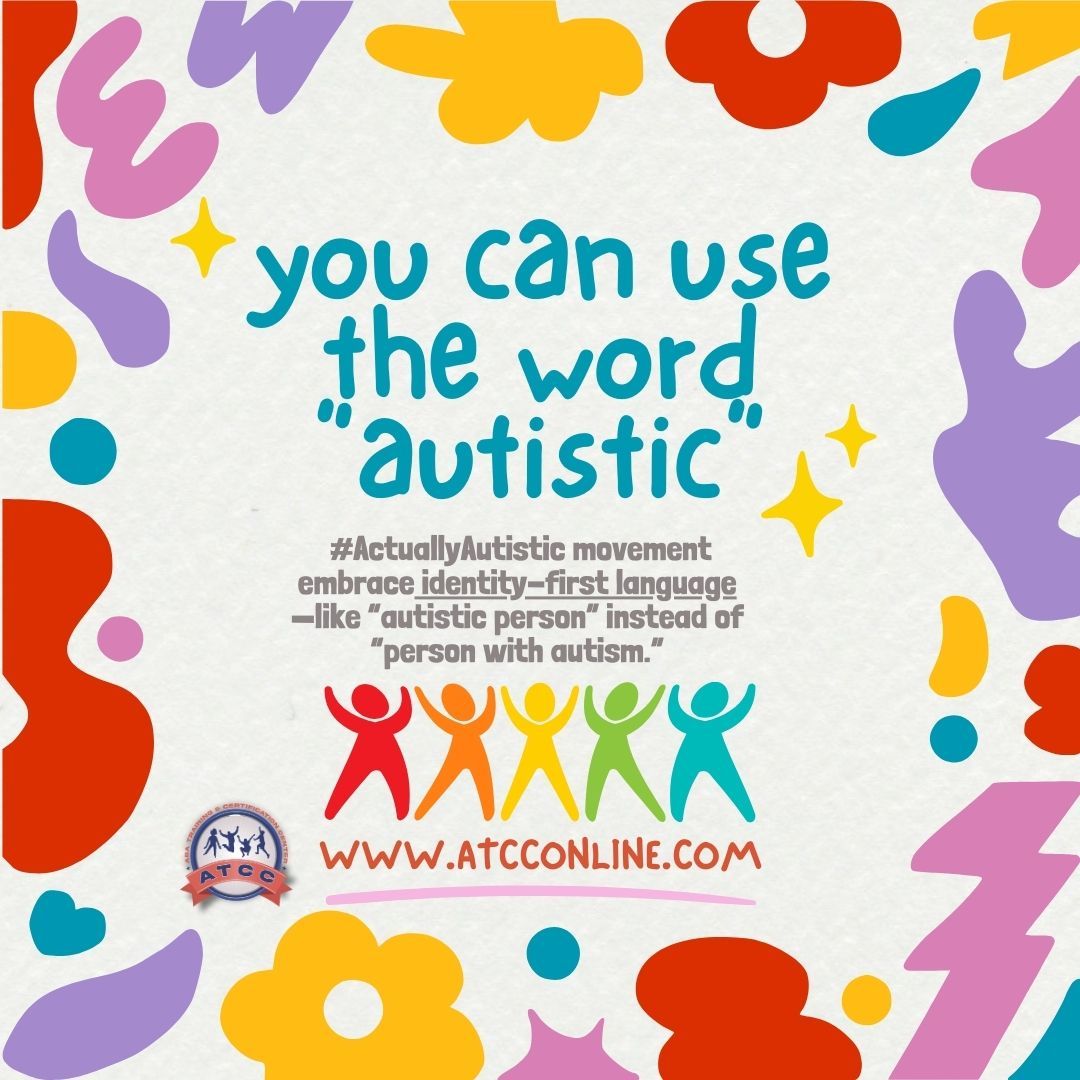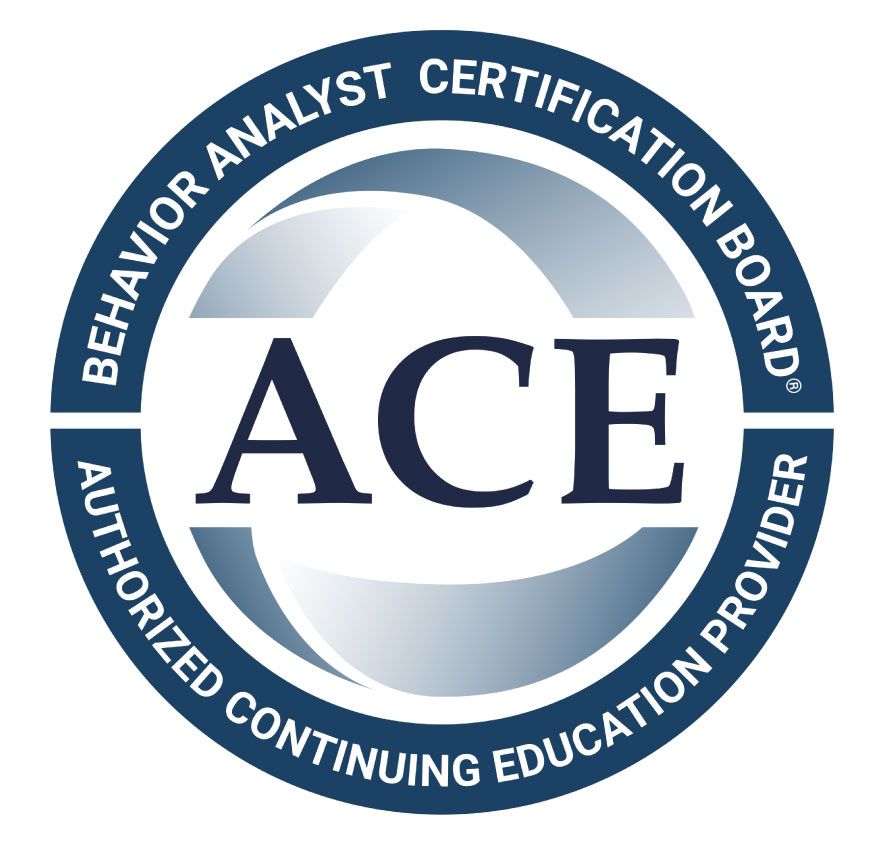In a world that often tiptoes around the word disability, a powerful slogan has emerged from within the disability rights and neurodiversity communities: “Disability is not a bad word.” This simple but bold statement challenges us to rethink how we talk about disability—and more importantly, how we treat disabled people.
Challenging Stigma
For far too long, “disability” has been treated like a bad word—something to whisper, something to avoid, something people are afraid to say out loud. That fear has led to a wave of euphemisms: differently abled, special needs, handi-capable. While often well-intentioned, these terms can do more harm than good by reinforcing the idea that disability is shameful, tragic, or something that needs sugarcoating.
The truth is: disability is not negative. It’s not something to pity. It’s a normal, natural part of human diversity. And the first step toward true inclusion is being able to name it—respectfully, openly, and without flinching.
The truth is: disability is not negative. It’s not something to pity. It’s a normal, natural part of human diversity. And the first step toward true inclusion is being able to name it—respectfully, openly, and without flinching.
Promoting Pride & Visibility
Embracing Identity

Language matters. It shapes how we see ourselves and each other. That’s why many in the disability and neurodiversity communities, including the #ActuallyAutistic movement, embrace identity-first language—like “autistic person” instead of “person with autism.”
Why? Because for many people, being disabled or autistic isn’t just a medical label. It’s a core part of who they are—a part of their culture, community, and way of experiencing the world.
Saying “disabled person” doesn’t reduce someone to a diagnosis. It affirms that their disability is a valid, valuable part of their identity—not something to be erased or minimized.
At its heart, this movement is about changing the narrative. Disability is not a problem to be solved or a flaw to be hidden. It’s a natural part of being human. Just like race, gender, or sexuality, it deserves recognition, respect, and rights.When we say “disability is not a dirty word,” we’re rejecting shame. We’re embracing truth. And we’re making space for every person to be seen, heard, and valued—just as they are.
Why? Because for many people, being disabled or autistic isn’t just a medical label. It’s a core part of who they are—a part of their culture, community, and way of experiencing the world.
Saying “disabled person” doesn’t reduce someone to a diagnosis. It affirms that their disability is a valid, valuable part of their identity—not something to be erased or minimized.
At its heart, this movement is about changing the narrative. Disability is not a problem to be solved or a flaw to be hidden. It’s a natural part of being human. Just like race, gender, or sexuality, it deserves recognition, respect, and rights.When we say “disability is not a dirty word,” we’re rejecting shame. We’re embracing truth. And we’re making space for every person to be seen, heard, and valued—just as they are.
Guaranteed Security using one of the most advanced encrypted systems on the market.
The information in this page is being processed and encrypted securely using industry-leading encryption and fraud prevention tools.
